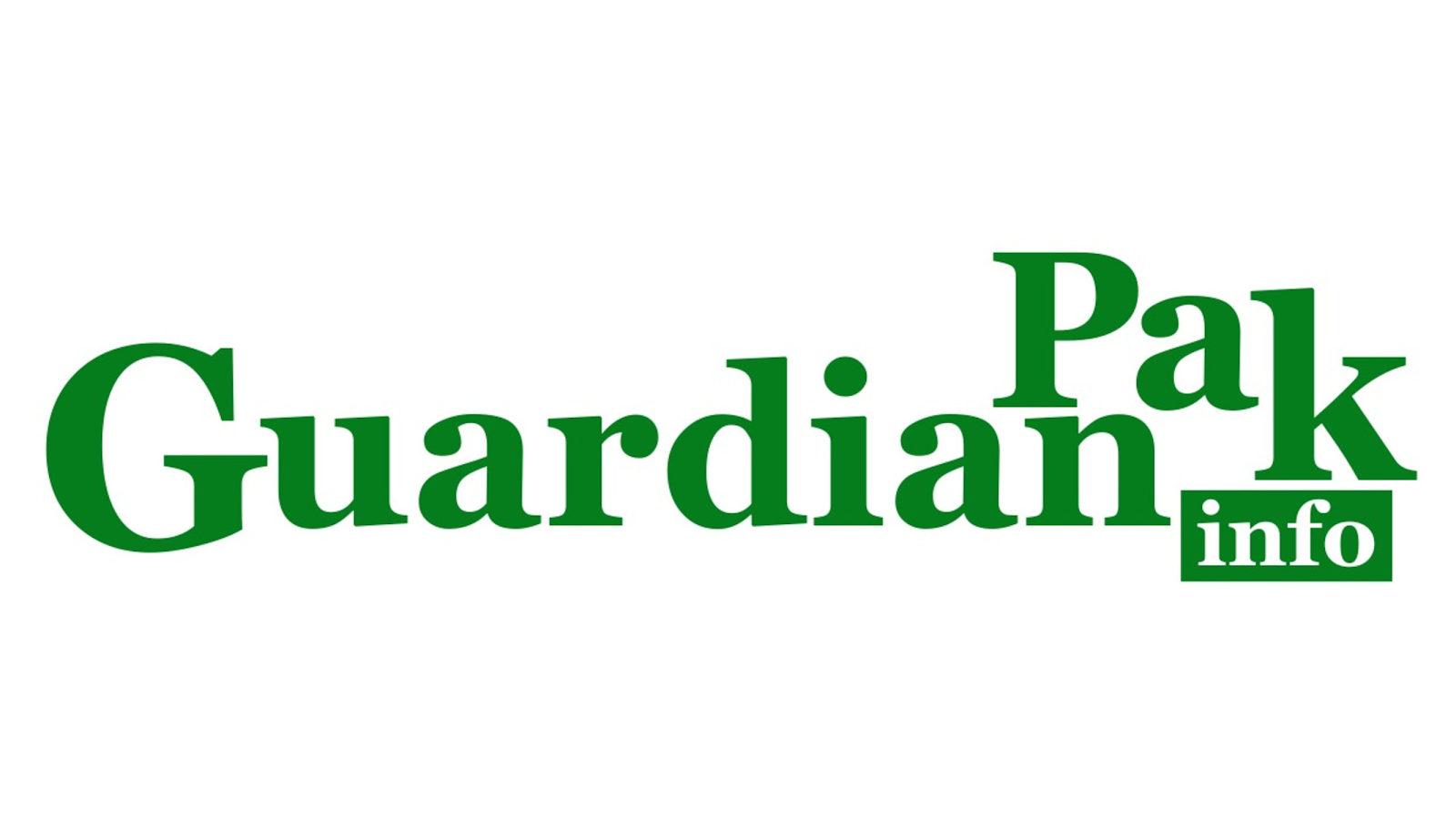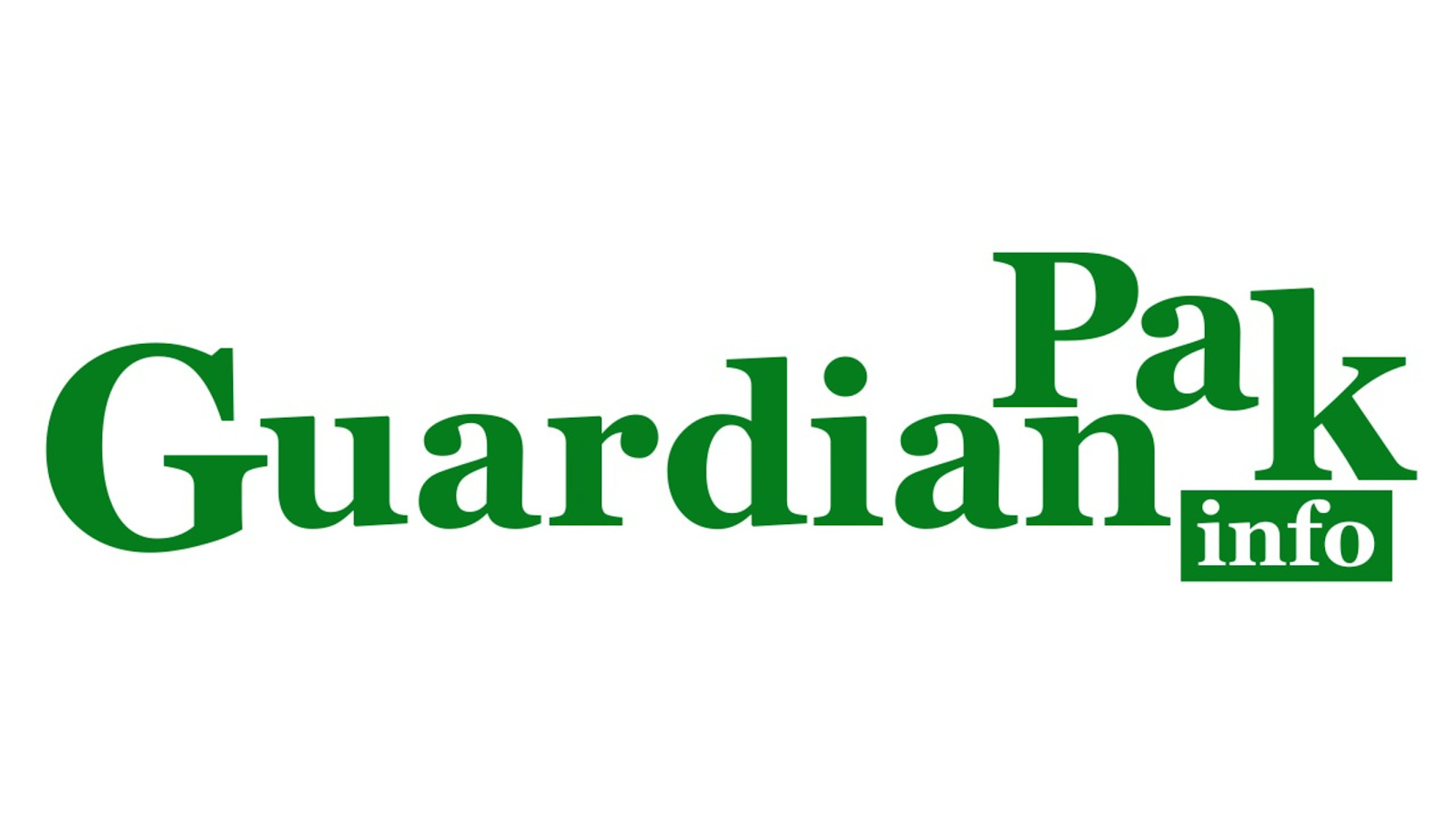Pest control is a important aspect of a healthy and comfortable living environment. Unwanted pests such as insects, rodents, and other vermin can not only damage property but also pose serious health risks to humans and animals. Implementing effective pest control strategies is essential for preventing infestations and ensuring the well-being of your home and surroundings. In this article, we will explore various methods and tips for successful pest control.
Understanding the Importance of Pest Control
Pests can cause a range of problems, from contaminating food supplies to damaging structures and transmitting diseases. Proper pest control helps prevent:
Health Risks
Many pests can carry harmful bacteria and pathogens that can lead to illnesses. Cockroaches, rodents, and flies are known to spread diseases like Salmonella and E. coli.
Property Damage
Termites, for instance, are notorious for causing extensive damage to wooden structures, while rodents can chew through wires and insulation, leading to potential fire hazards.
Allergies and Asthma
Dust mites, cockroaches, and certain insects can trigger allergies and exacerbate asthma symptoms, especially in susceptible individuals.
Crop Protection
In agricultural settings, pests can devastate crops, leading to reduced yields and economic losses.
Integrated Pest Management (IPM)
Integrated Pest Management is a holistic approach that focuses on minimizing the impact of pests while considering environmental, economic, and health factors. Key components of IPM include:
Identification
Properly identifying the pest species is crucial for choosing the most effective control methods.
Prevention
Preventive measures like sealing cracks and crevices, eliminating food sources, and maintaining cleanliness can help deter pests from entering your property.
Biological Control
Introducing natural predators or using beneficial organisms to control pest populations is an eco-friendly approach.
Chemical Control
If necessary, targeted and limited use of pesticides can be employed, following strict safety guidelines and regulations.
Cultural Control
Modifying the environment to make it less hospitable to pests, such as proper waste management and reducing standing water, can discourage infestations.
Common Pest Control Strategies
Sealing Entry Points
Regularly inspect your home for gaps, cracks, and openings that pests can use to gain access.
Proper Waste Management
Keep trash bins tightly sealed and dispose of garbage regularly. Food waste attracts pests, so ensuring proper waste management is essential.
Regular Cleaning
A clean environment minimizes food sources for pests. Regularly clean kitchen surfaces, vacuum carpets, and sweep floors to eliminate crumbs and debris.
Stagnant Water Removal
Pests, particularly mosquitoes, thrive in stagnant water. Eliminate standing water sources around your property to reduce their breeding grounds.
Natural Repellents
Some natural substances like diatomaceous earth, essential oils, and vinegar can act as natural pest repellents.
Professional Pest Control Services
If the infestation is severe or persistent, seeking the help of a professional pest control service is advisable. They have the expertise and tools to tackle complex pest issues.
Conclusion
Pest control is an ongoing process that requires a combination of proactive measures, knowledge, and sometimes professional intervention. By adopting integrated pest management principles and employing various strategies, you can effectively prevent and manage pest infestations, ensuring a safe and healthy living environment for you and your loved ones. Remember, early intervention and consistent efforts are key to successful pest control.






0 Comments